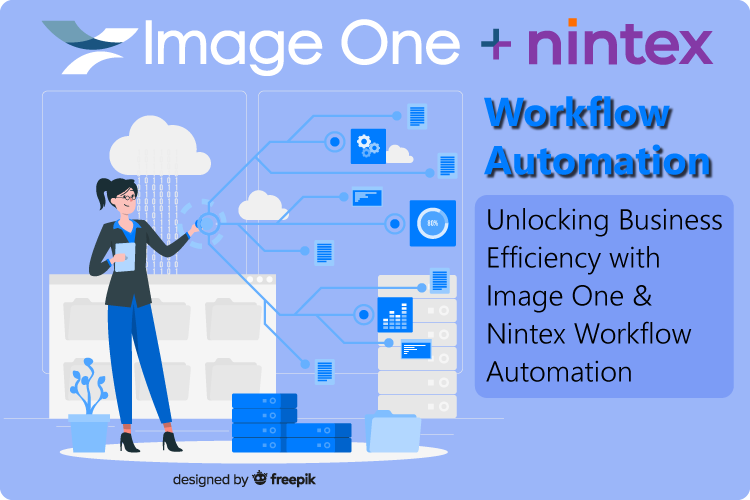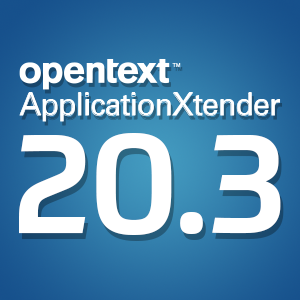Integration a rising priority for enterprise information management
Monday, April 29, 2013Data integration has been an increasing focus for organizations as they look to gain greater insight into business processes, HR, marketing and sales to fuel a competitive edge. As a result, firms are adopting electronic document management solutions to make data more centrally accessible for analysis and application.
ZDNet contributor Joe McKendrick reported that these initiatives will be critical to staying relevant in the marketplace. According to the source, enterprises that have taken an architectural approach to integration already have an advantage because those businesses can more seamlessly add new applications, interfaces and data types without having to overhaul the IT department with ad-hoc, siloed projects.
In a recent webcast with Claudia Imhoff, John Schmidt and Chris Parsons, all of Informatica, McKendrick discussed the implications of next-generation data integration. He explained that the reason these initiatives have become so urgent is that the global economy has changed business demands. There is no longer a stable environment with fixed departments and revenues. Additionally, the workforce has become more geographically distributed, causing new challenges to collaborating and decision-making. McKendrick noted that teams are required to solve problems and chase new opportunities with limited structure for communication. Because the workforce has become so fluid, McKendrick asserted, applications and data need to be constantly re-distributed, re-allocated and re-purposed to adapt to those changing processes and workflows.
A deeper analytic understanding
In order to be successful, McKendrick argued that firms will need to de-fragment views from one department to the next for a more holistic, well-rounded understanding of the business environment. This requires an digital system that enables rapid access to business analytics and empowers firms to be more agile and respond to evolving market trends and customer demands.
EzineMark explained that effective data integration, which merges information from dissimilar formats and sources, requires a team of experts to ensure that information maintains its quality and integrity. By leveraging conversion services, firms can digitize documents into an electronic system so that all records are centrally searchable. Additionally, support from these professionals in the digitization and integration process can ensure that companies mitigate any risks involved. EzineMark pointed out that issues such as out-of-date, invalid or inaccurate data can all be mitigated with the use of reputable document imaging experts. These professionals can ensure that the electronic information system is customized to meet unique business needs and objectives.
With proper support, systems integration can unlock new insight for any type of organization, which fuels more efficient, intelligent decision-making and better cross-departmental collaboration.
Brought to you by Image One Corporation providing complete information governance since 1994.




